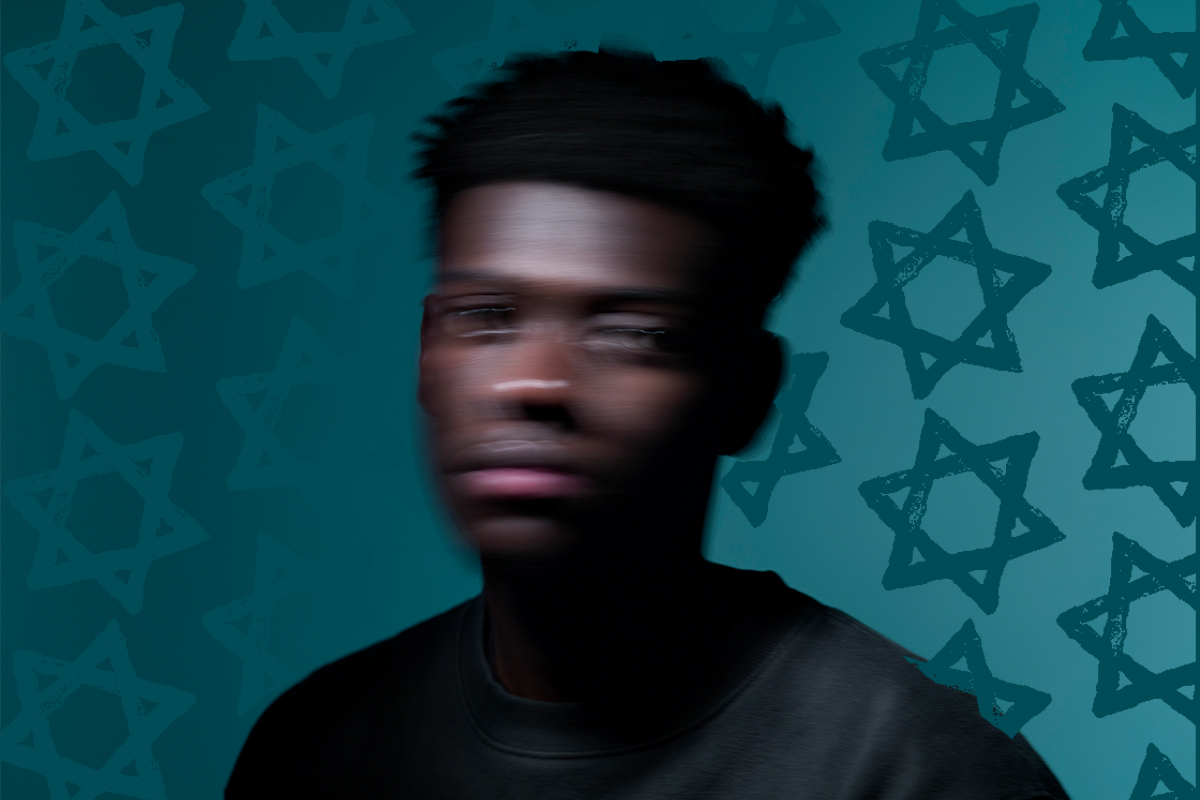On the 65th anniversary of the murderers of Emmett Till being given freedom for his brutal lynching, the courts of Louisville did the same for the murderers who slaughtered Breonna Taylor in her own home. Only one of the killers was charged — for the shot that they missed. Not the life that they stole, the family that they harmed, or the community they traumatized. They stole the life of a kind and loving Black woman, who was serving her community in the middle of one of the worst pandemics of the last century, as she slept in her home beside her beloved partner.
Living as a Black man in America, I already knew what to expect from the sham of a justice system that we are told to put faith in. Growing up with a racially marginalized identity means having to learn how the world perceives you through a white gaze: a gaze that paints you as a threat, token, or fetish. A gaze that is not only upheld on an institutional level, but that is also supported on an interpersonal level, whether it be small microaggressions like adults staring at you, crossing to the other side of an aisle, all while clutching onto their purses, or more blatant racism like being told by your grandmother’s rabbi to grow your facial hair out more so you don’t “look Muslim.”
Often, I find myself thinking of writer W.E.B Du Bois’s words on dual identity when thinking about what it means to be a Black bodied AMAB individual. He wrote, “The nation has not yet found peace from its sins; the freedman has not yet found in his Promised Land.” He expertly illustrates the reality of being Black in a nation that actively oppresses you for its own profit, and what it means to be a citizen of such a state.
For me, connecting with my Jewishness has always allowed a way to actively wrestle with the betrayal and trauma of living as a Black citizen of the United States.
This past High Holiday season, I found myself sitting with all of this. Despite the fact that I know I am not alone, I still struggle under the weight of all this pain. Yet, I have found myself only more galvanized in my resolve to push towards the end goal of liberation.
On Rosh Hashanah, when we officially entered 5781, I made tashlich with my local community by the Swannanoa River in North Carolina. As I took in the sound of the river speeding past me, I meditated on what creating community will look like in the next year. These past few months — since the murders of George Floyd and Breonna Taylor — have made it ever more apparent that when making community, it’s important to be invested in the health of the community on an individual level. In a system that demands you work yourself to the bone, it’s a revolutionary act of self-love and resistance to find space and time to actually recover from everything thrust upon you.
Ten days later, on Yom Kippur, I found myself thinking about how to metaphorically “forgive” this past year. I grew up on the proverb that instead of asking for a lighter burden, it is better to ask for wider shoulders. This past year shook millions of people out of complacency on a global scale, generating an unprecedented scale of active resistance to white supremacy. The protests against the brutalizing of Black bodies that started with uniting around the murder of George Floyd resulted in not only mass demonstrations against the American police, but also those who tear apart families at the southern border and still others who desecrate land held sacred to the First Nations. Wishing a return to normalcy is nothing short of wishing a return to complacency.
Following the High Holidays, Sukkot’s four species revealed a newfound meaningfulness in a way that I did not expect. Each of the four represent different parts of the body. The etrog, which symbolizes the heart, showed me that instead of the hate I feel towards my adversaries, towards white supremacy, towards this country, it is the love for my community that I need to hold dear. The lulav, symbolizing the backbone, revealed how sometimes it’s better to stand strong and alone than to be around those who don’t share your vision or care about you. The myrtle, the eyes, came to represent the importance of knowledge and how so many of us hold various identities that require exploring and holding. And last, the willow, or the lips, has been a reminder to continuously speak up for what I know to be right.
In America, we all live under a system that was created to disenfranchise and brutalize Black, Indigenous, and Latinx bodies. For those of us who also hold a Jewish identity, that violent racism is coupled with antisemitism. The virulent racism that is faced by Jews of color — found both within and outside the Jewish community — consistently threatens our health and our lives. Trauma inflicted by the state in the form of police brutality, family separation, and over-policing are only bolstered by the ignorance and malice of those who choose to continue siding with an unjust system.
We Jews come from a tradition that stresses the importance of being an active participant and doing what we know to be right to better our society. In rabbinical texts like Pirkei Avot, we are told the importance of creating a communal responsibility; we are reminded how those who benefit from oppressing others should not be expected to do what is just. Our sages remind us, time and time again, that Jewish tradition tells us to not simply be advocates of justice — but to be just people ourselves.
Header image Jonathan Knowles/Getty Images.



